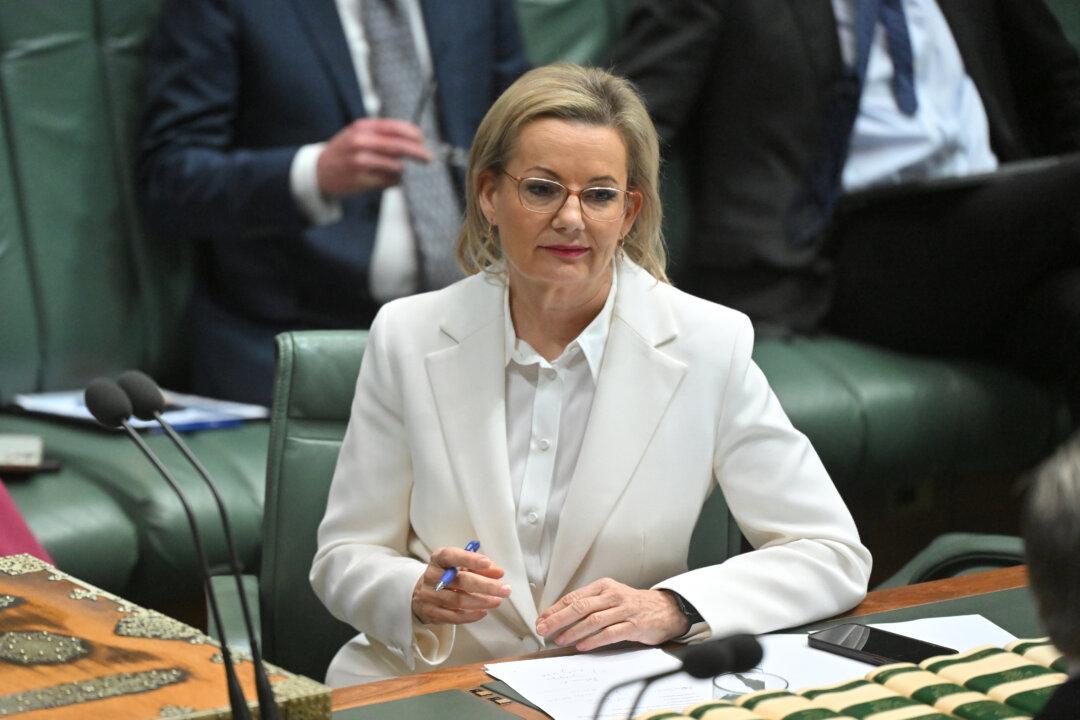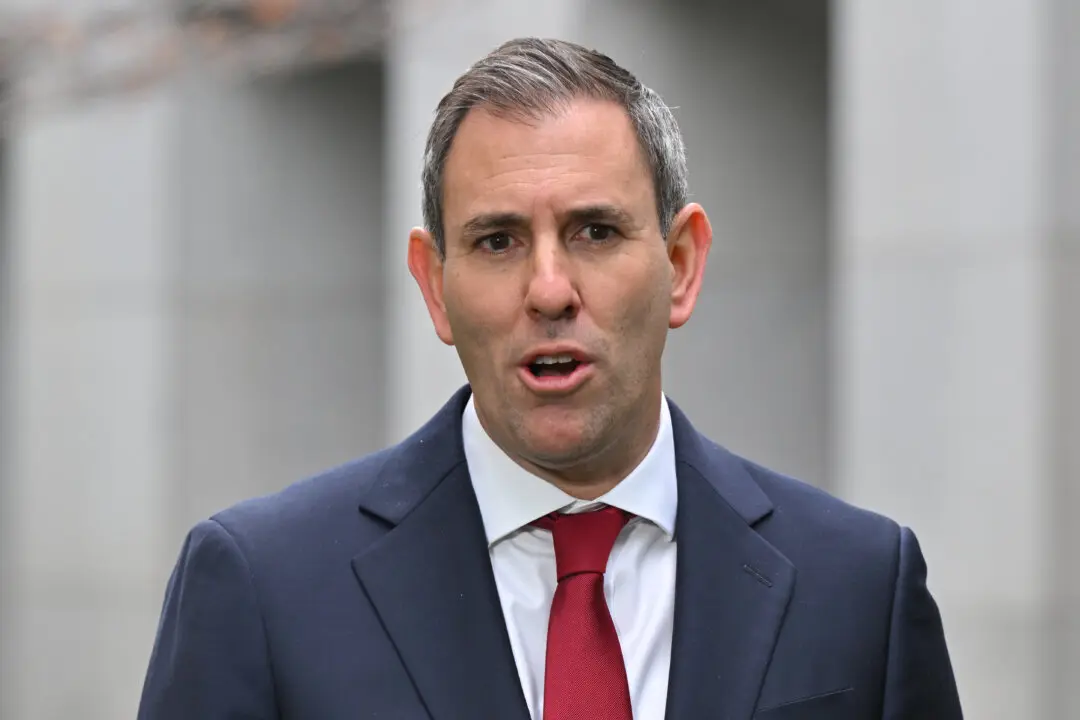The Albanese government has reintroduced a bill aimed at eliminating over $3 billion (US$2 billion) in education debt for three million Australians.
Education Minister Jason Clare presented the bill in Parliament, which some critics have labelled as a direct attempt by the Albanese government to woo young voters ahead of the elections.





